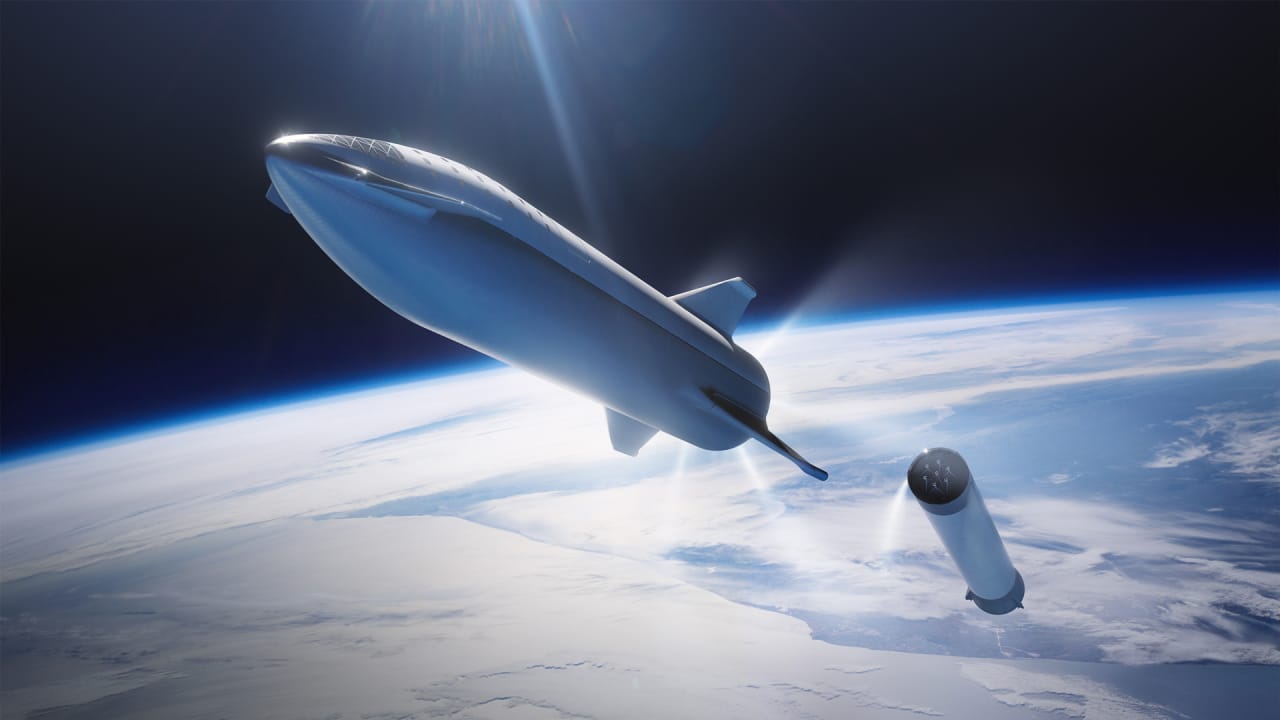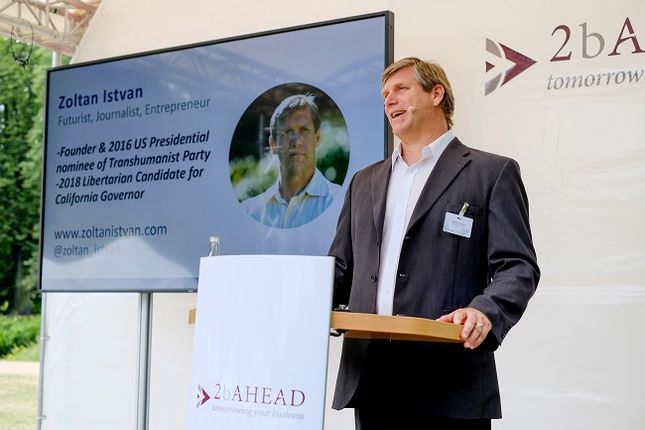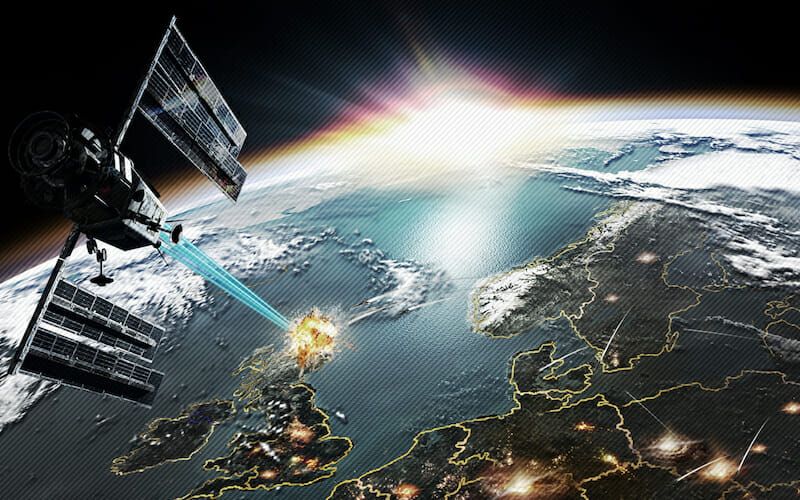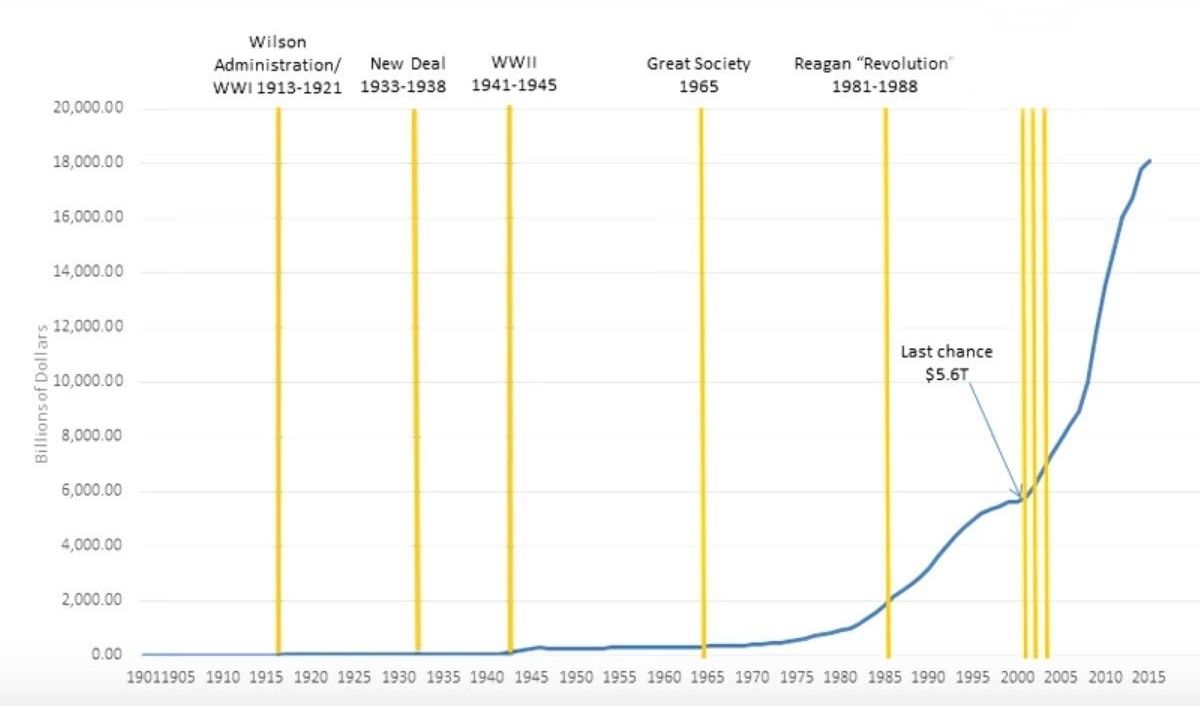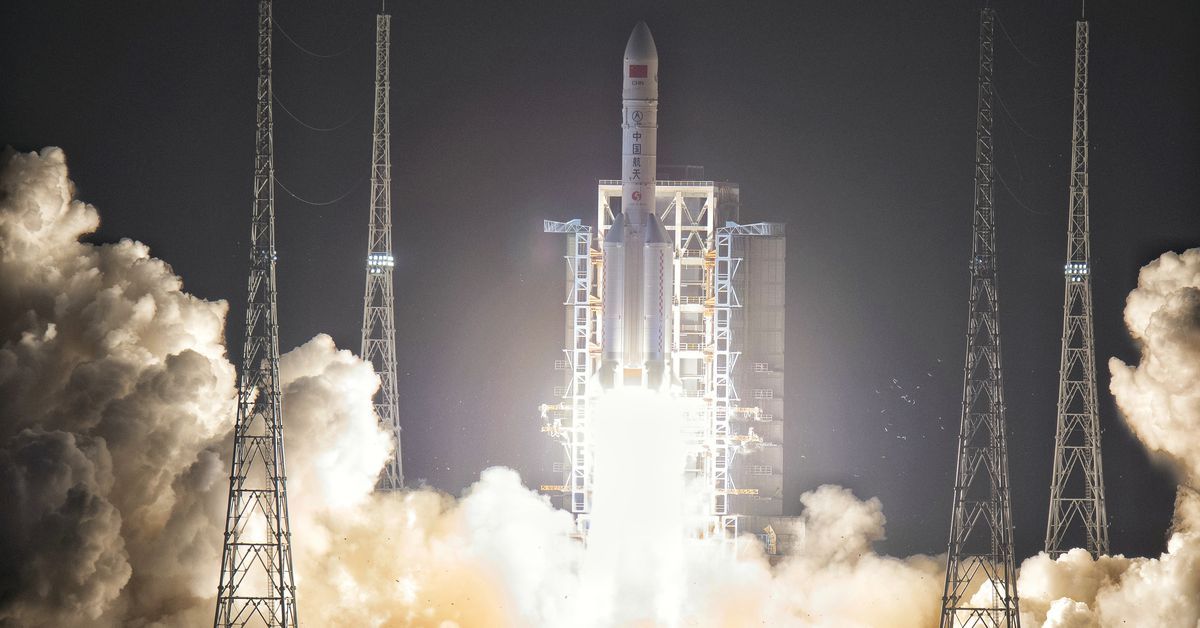Ha…which would be the bigger challenge? 🤔.
The growing mistrust and hostility towards global intuitions must be overcome if the world is to successfully tackle the environmental challenges it faces, the head of the University of Sussex’s global sustainability research centre has warned.
Professor Joseph Alcamo, Director of the Sussex Sustainability Research Programme (SSRP), said high-quality research and closer engagement with citizens around the world was needed to overcome the growing zeitgeist that viewed organisations such as the UN as meddling amid a geopolitical backdrop of cancelled treaties, neglected obligations and frozen negotiations.
Delivering his keynote speech at the 2018 Utrecht Conference on Earth System Governance this morning, Prof Alcamo said: To many people earth system governance is not beautiful, it is worrisome, it means loss of control over their lives, and this mistrust is a big part of the national retrenchment going on.

